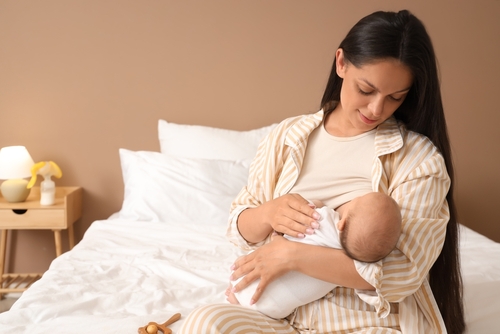
Two international studies presented at the European Society for Medical Oncology (ESMO) Congress 2024 show that women who breastfeed after receiving treatment for breast cancer, including those with a germline BRCA mutation, do not face an increased risk of recurrence or developing new breast cancers.
In this international study, researchers followed nearly 5,000 young, female breast cancer survivors carrying a germline BRCA mutation. The researchers noted that one in four participants of the 474 women who subsequently gave birth breastfed their baby; just under half were unable to breastfeed because they had had both breasts removed to reduce their future cancer risk.
Following a median follow-up of seven years from giving birth, the findings showed that there was no difference in the number of breast cancer recurrences or new breast cancers in women who breastfed their baby compared to those who did not breastfeed. There was also no difference in disease-free survival or overall survival. A second new study which expanded on the investigation beyond BRCA showed similar results, with no risks associated with breastfeeding.
“Our study provides the first evidence on the safety of breastfeeding after breast cancer in young women carrying a germline BRCA mutation,” said Dr Eva Blondeaux, Oncologist, IRCCS Ospedale Policlinico San Martino, Genova, Italy, who will present one of the studies via a press release. “This indicates the possibility for these women to achieve a balance between the needs of the mother and those of the baby.”
“These results are key for women who wish to become pregnant and breastfeed their baby after breast cancer,” said Dr Fedro Alessandro Peccatori, Director of the Fertility & Procreation Unit at the European Institute of Oncology IRCCS, Milan, Italy, a co-author of the study. “It’s time to start thinking of breast cancer survivors as women with all the rights, needs and possibilities of women that never had cancer.”

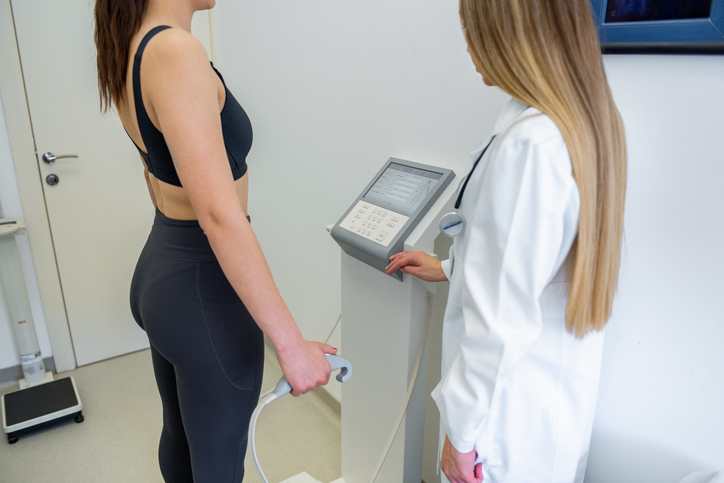
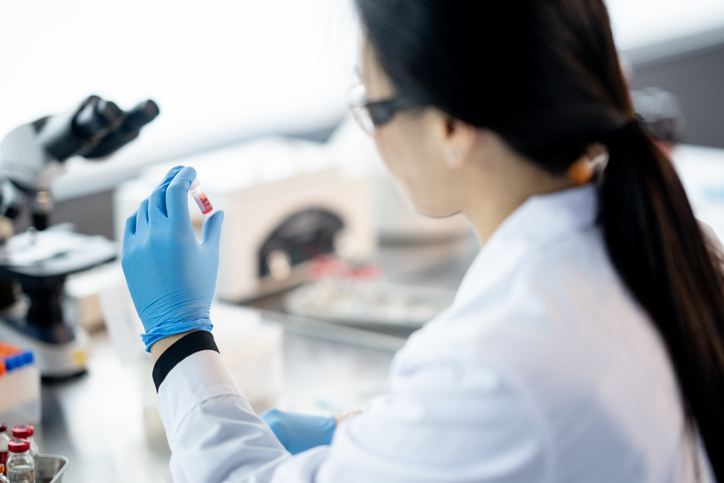
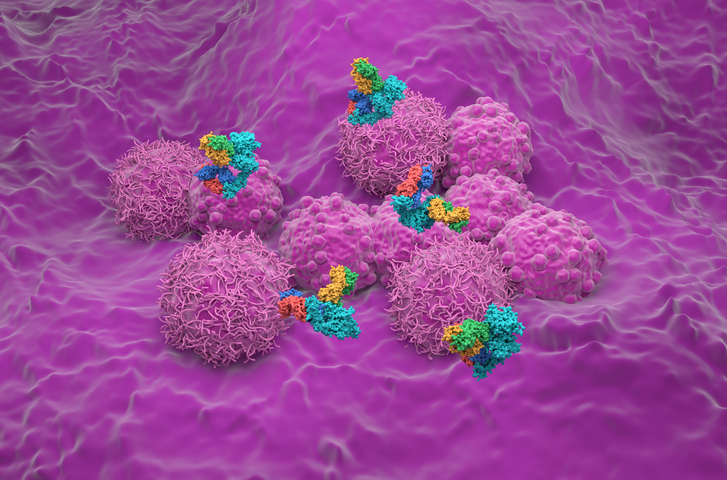

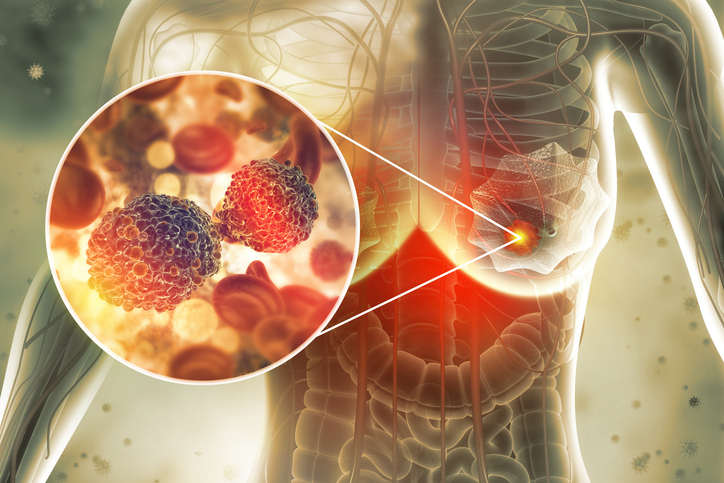

 © 2025 Mashup Media, LLC, a Formedics Property. All Rights Reserved.
© 2025 Mashup Media, LLC, a Formedics Property. All Rights Reserved.